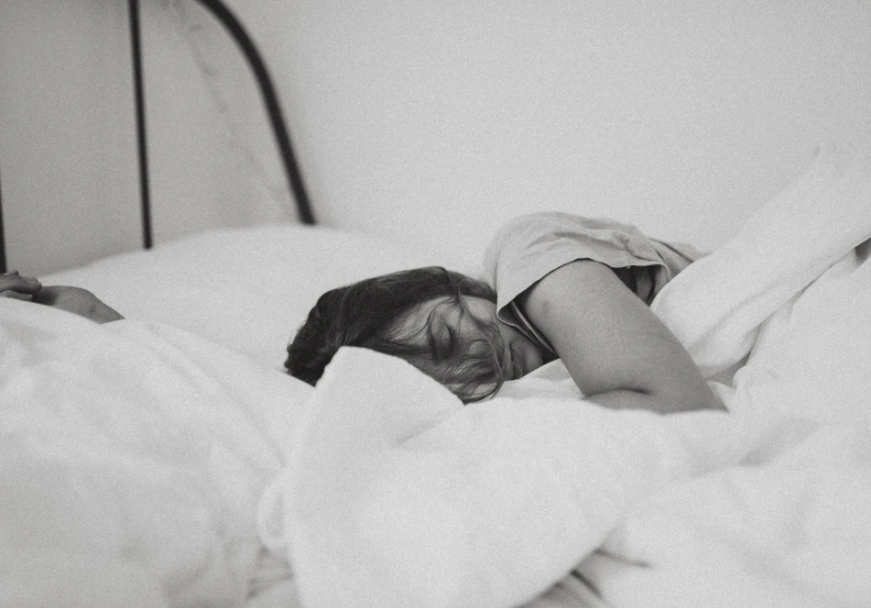The Psychology sisters: Kat a registered psychologist and Aimee a registered psychotherapist, on the mental health benefits of taking a break from alcohol and what exactly is hangxiety!
Drinking has been engrained into our culture and we feel that it is an intrinsic part of our social lives. Taking a break from alcohol can allow our body and mind to reset from the various physical and psychological and biochemical effects.
Having a break from alcohol is a great way to build on your self-awareness around your relationship with drinking, for example, “liquid courage” in social situations where you may feel anxious or insecure and alcohol in this sense, becomes a social/emotion-managing tool. Having a break can encourage healthier social skills and increase quality time with friends away from alcohol, encourages more meaningful social interactions and feelings of connectedness.
Drinking can be used as an unhealthy coping mechanism for stress, physical pain, and difficult emotions. Alcohol provides temporary respite by slowing down the nervous system, reducing inhibition, judgment, and memory. Alcohol does not treat the underlying cause thus avoidance creates more stress long-term. Having a break can facilitate accessing support and learning to cope more effectively.

Brain changes occur because of drinking, particularly in the frontal lobes affecting making decisions, impulse control, concentration and regulating emotions. Alcohol is also associated with memory loss, irrational thinking and difficulty processing large amounts of information, like reading a map.
Impairing decisions making can result in impulsive decisions such as risk-taking behaviour. Having a break from drinking means new cell growth can slowly repair some brain changes and so will our ability for making rational decisions, improved memory, and emotional regulation.

Dopamine is released when you engage in pleasurable activities, like eating chocolate, and well, drinking alcohol! It tells your brain to keep doing the things that feel good. Alcohol also reduces dopamine receptors, which can result in feelings of sadness and hopelessness. Having a break allows your brain to normalise dopamine levels.
Having a break improves our sleep! Sounds contradictory given the relaxing feeling alcohol often induces. But alcohol affects our circadian rhythm or sleep cycle, this is because alcohol interferes with Rapid Eye Movement Sleep or REM sleep. Resulting in higher stress levels, feeling restless, unrested, and irritable.

Let's talk about Hangxiety, what exactly is it?
Waking up after a big night can already leave you feeling downright awful. But as you scroll through your phone in the morning, you may find yourself starting to piece together the memories of the things you did or said the night before, which can evoke strong feelings of guilt, embarrassment, and shame.
This feeling of anxiety you experience when looking back on the night before is coined ‘hangxiety’. This feeling is not limited to those who already suffer anxiety and can occur to anyone.
Why do we feel it?
Alcohol stimulates the production of GABA, a neurotransmitter that helps us to feel calm. This is why after a few drinks we tend to feel much more relaxed. However, in the morning our brain needs to re-balance this overproduction of GABA, which is why we end up feeling the opposite of calm, cue our Hangxiety.

What can help?
Well firstly, responsible drinking is first and foremost the most crucial factor to avoid feelings of hangxiety.
However, if you are waking up feeling anxious, it’s important to calm down, take a few deep breaths, have a long hot shower, write your worries down in a journal, talk it out with a friend, eat a nutritious breakfast and go for a walk.

It may also help to remember that if you have felt shame after a night out, we tend to ‘catastrophise, thinking things were worse than what they actually were. So, before you go to send all those apology text messages, remember that it may not have been as bad as what you are thinking.
However, if you find these feelings of hangxiety are becoming more severe it may be time to consult with a GP or therapist.
SIGN UP TO THE WATER CHALLENGE
Remember you’ll be improving your own health and the life of millions of others.



